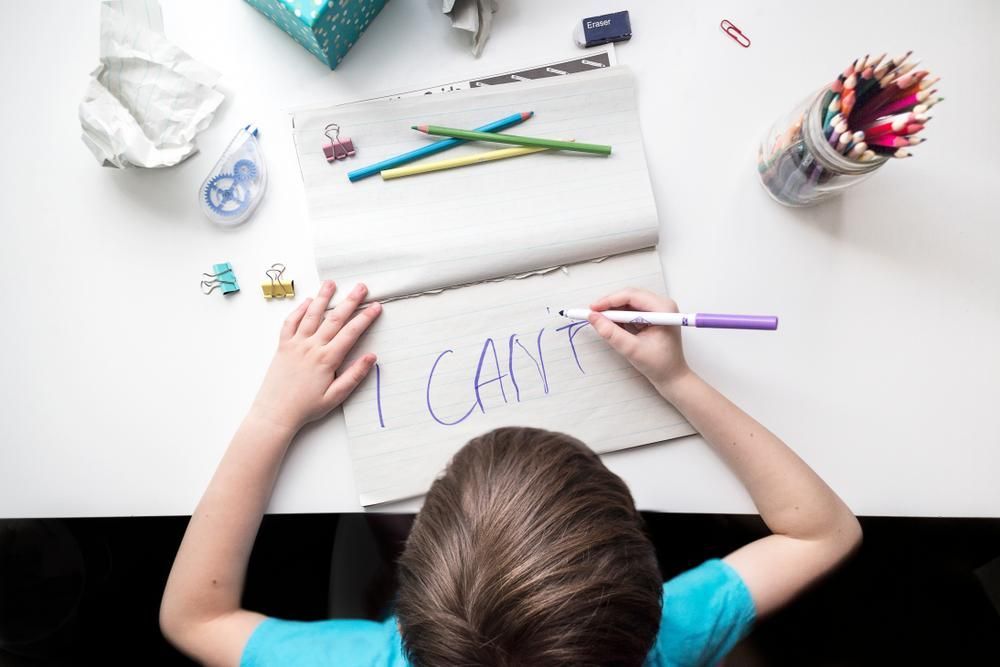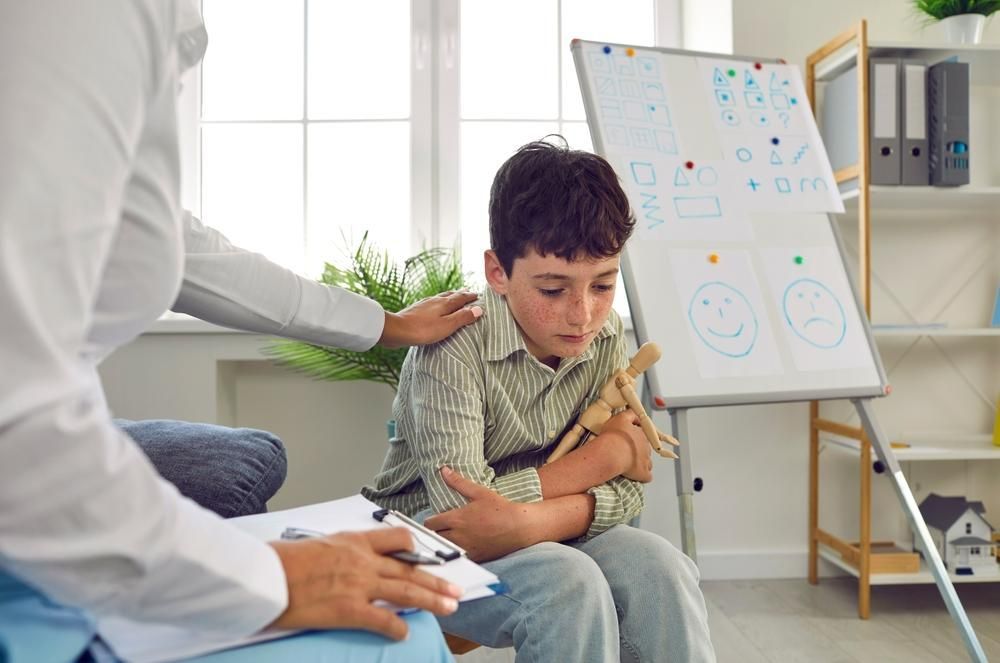Mood Psychology in Newcastle
Holistic Mental Health Support
Child-Friendly Waiting Room
Committed to Ongoing Support
Child & Adolescent Depression
Depression is a condition that can affect individuals at any stage of life. Children and teenagers experiencing depression may withdraw from family and friends, struggle with feelings of hopelessness, have trouble sleeping, or feel intense sadness. In some cases, they may engage in self-harm or experience suicidal thoughts.
Oracle Psychology in Newcastle aims to provide support for individuals and their families through evidence-based approaches. Our psychologists help families understand the nature of depression and teach skills to manage and improve symptoms, fostering more positive emotions and coping strategies.
Early treatment of mental health conditions like depression can lead to better outcomes for the individual and their family. If you are concerned about your child or teenager, contact Oracle Psychology on 02 4929 2223 to learn how we can assist.
Child & Adolescent Anxiety
Anxiety is an intense sense of nervousness, discomfort, and uncontrollable worry that may lead to avoidance behaviours. While some fears are developmentally appropriate, seeking support is important if anxiety affects daily functioning or well-being.
Adolescents with anxiety may fear judgment, lack social confidence, or feel overwhelmed in specific situations. Persistent worries can disrupt sleep, drain energy, and make daily activities challenging. Early treatment is essential to help learn coping strategies and build resilience and confidence. Psychologists work with children and adolescents to address anxiety, tailoring support to their unique needs.
Subtypes of anxiety include:
- Generalised anxiety disorder (GAD)
- Separation anxiety disorder (SAD)
- Social phobia
- Specific phobia
- Panic disorder
- Obsessive-compulsive disorder (OCD)
- Posttraumatic stress disorder (PTSD)
Obsessive Compulsive Disorder (OCD)
Obsessive Compulsive Disorder (OCD) can significantly impact young people and their families. As a form of anxiety disorder, OCD involves persistent urges (obsessions) that lead to repetitive actions (compulsions) aimed at reducing anxiety. However, the relief is temporary, and the anxiety often intensifies, creating a cycle that imposes more rules and restrictions, progressively taking control of the individual’s life.
Seeking help is important if obsessions and compulsions cause significant anxiety, restrict daily activities, or disrupt functioning. Psychologists can work with children, adolescents, and families to challenge OCD and assist with the reduction of symptoms. OCD often begins in childhood or adolescence, with most cases developing before the age of 25. Parents may observe behaviours like excessive cleaning, avoidance, checking, or reassurance-seeking that are distressing for the child and concerning for the family. Early intervention from a mental health professional, such as a psychologist, can help with managing and addressing these difficulties.
Childhood Trauma & PTSD
Trauma during childhood can have long-lasting effects on development, with difficulties often persisting into adulthood. Early treatment is important for children and teenagers experiencing ongoing distress after a serious incident. Traumatic events may include life-threatening situations, natural disasters, accidents, sexual assault, neglect, or physical abuse.
Children and teenagers can also develop symptoms upon learning of a traumatic event affecting a family member or close friend. Post Traumatic Stress Disorder (PTSD) may arise following such experiences, while complex trauma can result from repeated or prolonged exposure to distressing events.
If a child or teenager is struggling after a traumatic event, consulting a psychologist is recommended. Psychologists can help individuals and families understand the impact of trauma, process events, and manage symptoms. Seeking support early can improve mental health outcomes and promote resilience in children and adolescents exposed to trauma.
Frequently Asked Questions
What are mood difficulties in children and teenagers?
Mood difficulties involve persistent sadness, irritability, or extreme mood swings that affect daily life. These challenges can include depression or anxiety. Early intervention with a psychologist can support emotional regulation and well-being.
How can a psychologist help with mood difficulties?
Psychologists use evidence-based therapies to help children understand and manage emotions, develop coping strategies, and improve communication. Therapy also helps families create a positive environment for emotional growth.
When should I seek help for my child’s mood difficulties?
If mood changes are ongoing, impact relationships, or disrupt daily life, consult a psychologist. Early support helps prevent issues from worsening and promotes healthier emotional coping skills.

















